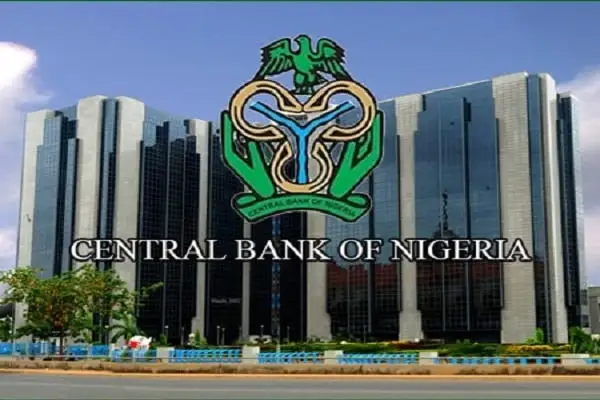Business & Economy
Over 33 Million Nigerians Trade Crypto Despite CBN Ban – Report

Despite the Central Bank of Nigeria’s restriction on cryptocurrencies-related transactions in the banking sector, a report by a crypto platform has said about 33.4 million Nigerians trade or own crypto assets.
BREAKING: Naira Falls Massively At Aboki Black Market On Easter Sunday, See New Exchange Rate
In its report, ‘Into The Cryptoverse: Decoding The World Of Crypto Consumers,’ KuCoin, a crypto exchange with over 10 million registered users, said the crypto population is largely dominated by 18 to 60-year-olds.
It said, “According to Google Trends, Nigeria was recorded as the country with the highest number of bitcoin searches globally in early 2021, signalling the growing utility of cryptocurrency in the country.
“The data also pointed out that the country’s youth have been the decisive force behind the surge in bitcoin searches. According to our survey conducted in early 2022, 33.4 million Nigerians, which accounts for 35 per cent of the population aged 18 to 60, currently own or have traded cryptocurrencies over the past six months.
“70 per cent of these crypto investors claim that they will likely increase their cryptocurrency assets soon. Another six per cent of the country’s population are interested in investing in cryptocurrency in the coming 6 months, suggesting that the cryptocurrency adoption rate might continue to increase.”
According to the crypto exchange, the depreciation of the naira over the last six years has fuelled the increase in the number of crypto users in the nation.
It added, “The Nigerian currency, Naira, has depreciated by more than 209 per cent in the past six years. Some Nigerians recognised the financial opportunity brought by Bitcoin early on.
“According to our survey, 37 per cent of crypto investors in the country began trading cryptocurrencies more than three years ago. At the same time, 6 per cent started trading cryptocurrencies more than six years ago.
“Meanwhile, as prices continue to rise, with food inflation reaching its highest point since 2008, the challenging economic climate in Nigeria remains and has even worsened by COVID-19, making cryptocurrencies attractive alternative sources of income, particularly in the bullish market in 2021. According to the survey, 26 per cent of crypto investors have begun trading cryptocurrencies in the last 6 months.”
The firm said the average number of monthly transactions across African countries showed a 1,386.7 per cent from January 2021 to January 2022.
It added the number of users also increased by 2,467.2 per cent within the same time period.
According to a report by Chainalysis, a blockchain data platform, the cryptocurrency market in Nigeria and other African countries grew by 1200 per cent in 2021.
The firm added that Nigeria is the sixth leading country in the world in terms of cryptocurrency adoption as a result of its peer-to-peer monetary systems.
The report said the African region, dominated by Kenya, Nigeria, South Africa, and Tanzania, has one of the highest grassroots adoptions of crypto in the world. It added that Africa has the third-fastest growing cryptocurrency economy in the world.
The International Monetary Fund recently said the adoption of crypto assets was being driven by emerging markets and developing economies. It added that countries in this region increased their trading volumes in crypto exchanges in 2021.
In February of 2021, the CBN put a restriction on cryptocurrency transactions in the nation. It had said, “Further to earlier regulatory directives on the subject, the bank hereby wishes to remind regulated institutions that dealing with cryptocurrencies or facilitating payments for cryptocurrency exchanges is prohibited.”
Recently, the CBN fined three Deposit Money Banks N800m fine for violating its regulations barring customers from transacting in cryptocurrencies.




